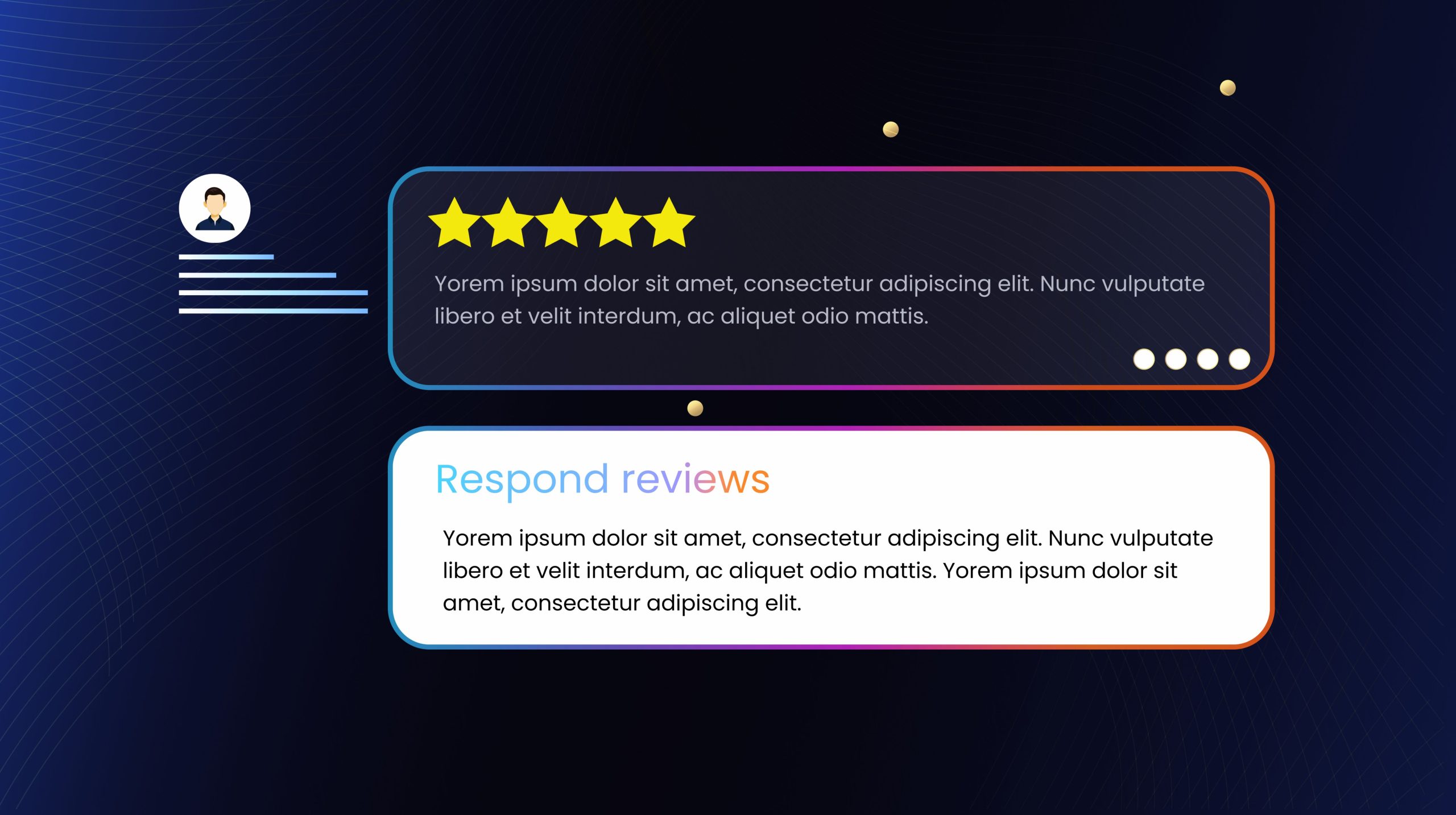Competitive marketplace, businesses must prioritize building and maintaining strong relationships with their customers. One of the most effective ways to achieve this is by actively engaging with client reviews and feedback. Whether the feedback is positive, negative, or neutral, responding to it provides valuable opportunities for growth, trust-building, and improved customer satisfaction.
1. Demonstrates Commitment to Customer Satisfaction
When a business responds to reviews, it signals to clients that their opinions are valued. This gesture demonstrates a commitment to continuous improvement and a genuine interest in meeting customer needs. For example, thanking a client for a positive review shows appreciation, while addressing negative feedback reflects a proactive approach to resolving issues.
2. Enhances Brand Reputation
Engaging with reviews helps shape public perception of a business. When prospective clients see thoughtful responses, they are more likely to perceive the company as professional, customer-focused, and trustworthy. A study by Harvard Business Review found that businesses that respond to reviews often experience an improvement in their overall ratings, as clients feel heard and acknowledged.
3. Provides Insights for Improvement
Customer feedback often highlights areas where a business excels and areas needing improvement. By analyzing recurring themes in reviews, businesses can identify patterns and address systemic issues. For instance, frequent comments about slow delivery times might prompt a review of logistics processes, leading to operational enhancements.
4. Encourages Customer Loyalty
Responding to reviews fosters a sense of connection between the business and its customers. When clients see that their concerns or compliments are taken seriously, they are more likely to remain loyal to the brand. Personalized responses, in particular, can make clients feel valued and respected.
5. Improves Search Engine Visibility
Search engines like Google consider review engagement when determining local search rankings. Regularly responding to reviews can boost a business’s online visibility, attracting more potential customers. Additionally, active engagement demonstrates credibility, further enhancing SEO performance.
Best Practices for Responding to Reviews
Responding to reviews effectively requires several key practices. Businesses should respond promptly to show attentiveness and value for client input, use polite and professional language to maintain credibility, and personalize responses by referencing specific details from the review. For negative feedback, acknowledging the issue and outlining steps to resolve it demonstrates accountability and a commitment to improvement. Finally, expressing gratitude for all feedback fosters goodwill and underscores its value as a tool for growth.
Conclusion
Responding to client reviews and feedback is not just a courtesy—it is a strategic business practice that can enhance customer relationships, improve brand reputation, and drive growth. By prioritizing active engagement, businesses can turn feedback into a powerful tool for success.

